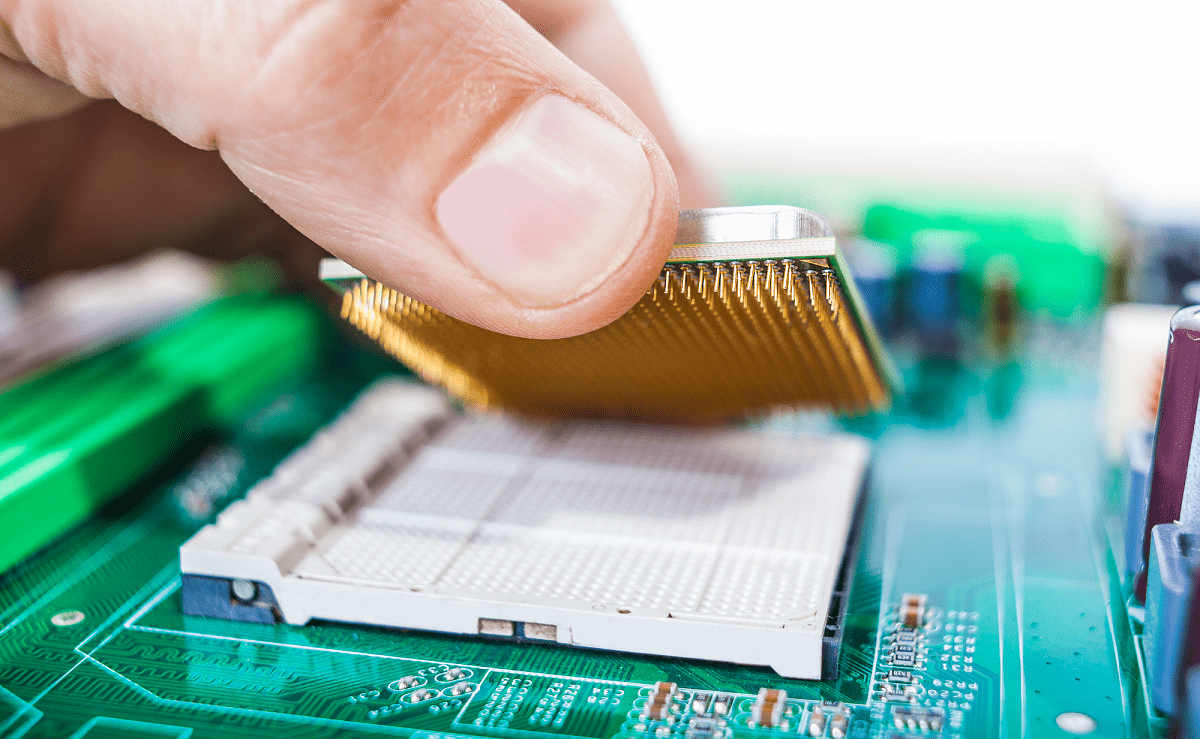The type of electrical component cleaner you use can significantly impact the integrity of the parts you clean and the safety of the cleaning operation. That is why it’s important to develop a list of characteristics that you ideally need in an electrical component cleaner before you place an order. In this entry, we present a checklist of six characteristics that practically every organization should consider when it comes time to choose a cleaner for electrical components.
- High Dielectric Strength
The dielectric in a component cleaner is a substance that impedes the flow of electricity through the cleaner, which helps prevent the user from being injured by electrical shock while applying the cleaner. Using a solution that has a high dielectric strength is essential for cleaning energized components. It also provides added safety for cleaning any part that could carry an electrical current.
- Non Flammable Formulation
Using a cleaner that is non flammable is the ideal choice for cleaning energized equipment, particularly high-voltage equipment such as industrial grade switchgear, which could produce a powerful, hot arc flash that contains enough heat to transform the microstructure of metal. Using a non flammable formulation is also beneficial because it helps you store the cleaner without creating a fire hazard.
- Non Corrosive to Metal
Metal can be a strong material and an excellent conductor of electricity. This is why electrical components are frequently composed of metal and situated inside metal housing that helps protect them. While you could always choose a cleaner that is designed for a specific type of metal, it often makes more sense to select one that’s non corrosive to all metal, as electrical components are made from various types of alloys.
- Non Corrosive to Plastic and Rubber
If you need to clean electrical components without removing them from the equipment they serve, using a cleaner that is non corrosive to plastic and rubber has an obvious benefit: It won’t corrode rubber electrical wire sheaths, plastic electrical wire harnesses, or other plastic and rubber components that may be found in the equipment’s electrical operating system.
- High Evaporation Rate
Using a cleaner that evaporates quickly serves two purposes: It helps you perform cleaning operations that require a fast turnaround time within the proper timeframe, and it helps prevent the cleaner from sabotaging the operation of electrical equipment due to wetted components that don’t dry quickly enough. As long as a spray cleaner or an aerosol cleaner is sufficiently powerful, a high evaporation rate is almost always a desirable characteristic.
- Non Residue Formulation
Using an electrical component cleaner that leaves a residue can cause parts to accumulate dirt and grime faster than they would if a non residue cleaner were used, as the residue makes it easier for unwanted accumulations to adhere to parts. “Residue-free” is a highly popular characteristic among electrical component cleaners. You can find this type of cleaner with ease.
Need a New Electrical Component Cleaner?
If so, Ecolink can provide you with a solution that features the important characteristics above, as well as other traits that address the requirements of your component cleaning operations. In addition to supplying stock electrical component cleaner that’s available for immediate shipment, we also create custom cleaners that are tailored to customers’ unique needs, and have a faster turnaround time for these cleaners than many of our competitors.
For assistance with choosing the best electrical component cleaner for your cleaning requirements, please call us today at (800) 563-1305, or use the contact page on our website.















